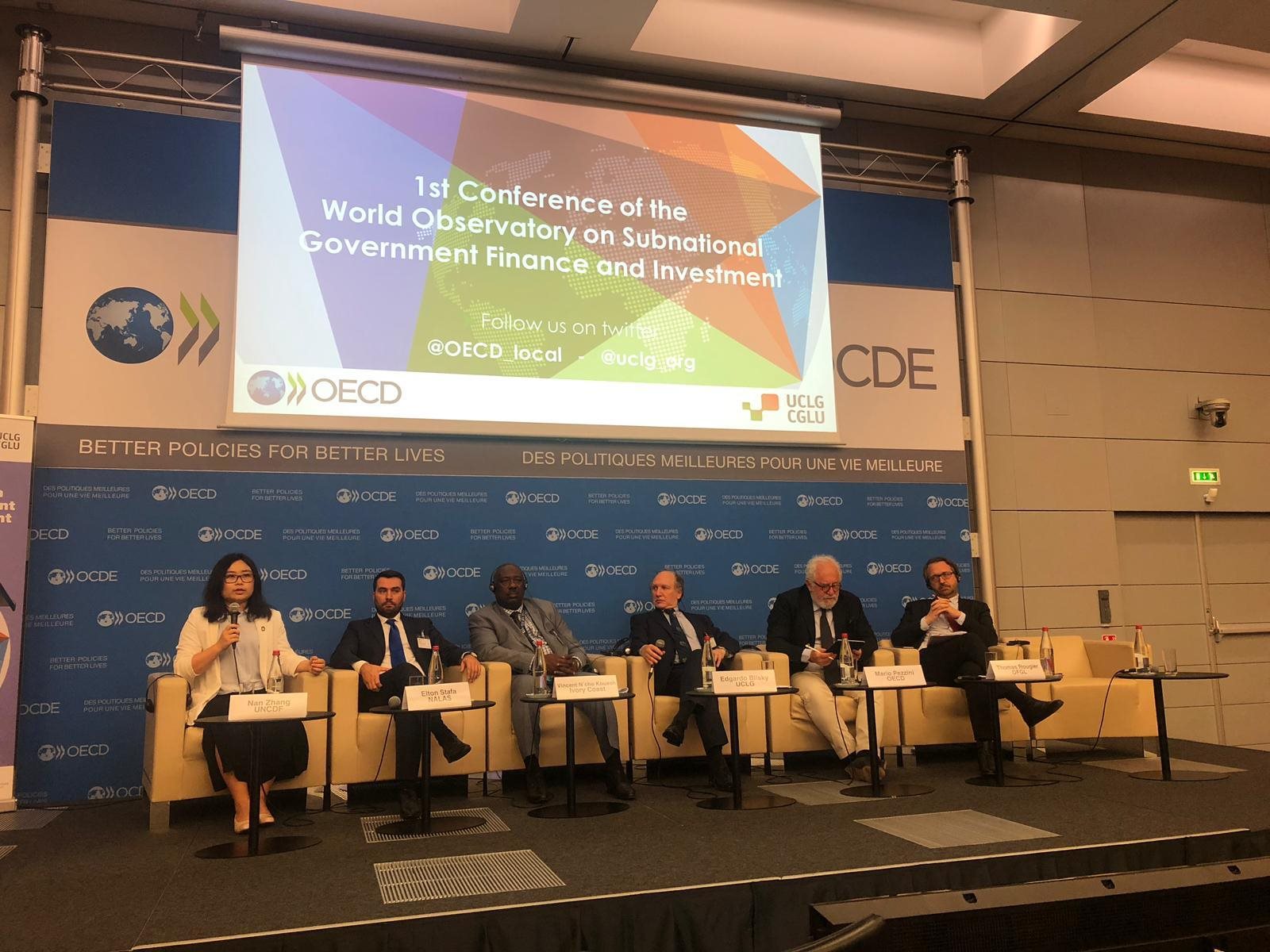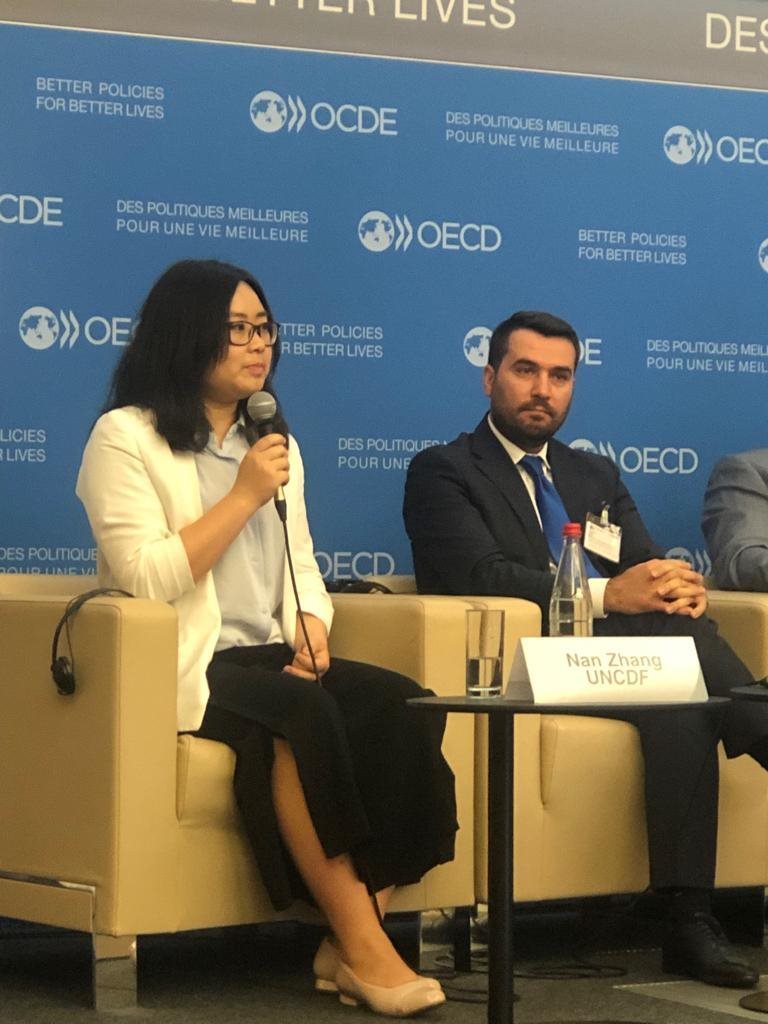1st Conference of the World Observatory on Subnational Government Finance and Investment
 For those deeply invested in the effort to support and enhance the development potential of municipalities in least developed countries (LDCs), a significant milestone was reached a couple of months ago.
For those deeply invested in the effort to support and enhance the development potential of municipalities in least developed countries (LDCs), a significant milestone was reached a couple of months ago.
The World Observatory on Subnational Government Finance and Investment released the largest quantitative and qualitative data collection to date on multi-level governance and finance. The scope of the study is arguably more impressive than its findings. According to the study, the compendium covers dozens of indicators for 120+ countries. The sample of this study includes 19 federations and quasi-federations) and 103 unitary countries. The sample accounts for 86 percent of the world population and 89 percent of world GDP. It includes 23 of the 47 LDCs. The database is complemented by country profiles, which provide quantitative and qualitative information on multi-level governance systems around the world. The study has identified 637,900 subnational governments in the 122 countries around the world included in the database.
But the mere existence of this unprecedented resource leads to the question of why such a resource is needed in the first place? When it comes to municipal fiscal data, there are multiple reasons.
First is data availability and transparency. For most LDCs, the fiscal data is not online and open to the public. For example, when UNCDF country offices want to retrieve this data, they have to send a letter of request to that country’s Minister of Finance. And even when the data is received, that does not mean it is immediately usable. In the data we typically receive, total subnational government expenditure and revenue are usually available, but there is almost never a breakdown of each budget line or data by district.
Another issue relates to fragmented data systems. Take for example Tanzania. The country has several data systems—from the overall financial database to sectoral financing systems in areas such as health and land management. While these elements of data exist, they do not exist in a consolidated fashion, so it is almost impossible to get a full picture of the fiscal structure and dynamics of a municipality in the country.
The fundamental cause of these challenges is fiscal centralization. In most LDCs, local governments have restricted fiscal autonomy. Furthermore, local governments are not financially or technically empowered for data collection, so local government staff may either lack the requisite skills to use the existing fiscal database; or sometimes they do not have sufficient knowledge of public finance altogether. The overall governance framework could also be a challenge for data collection. Even the transition from a centralized system to a more federalist framework can create challenges. For instance, in Mozambique, overlapping responsibilities between provincial government and deconcentrated state bodies may create confusion. Nepal has been in transition from a unitary country to a federal country, so there is limited fiscal data.
The Observatory report’s collection of data is a significant step, but is a means to an end, not an end in and of itself. Through data collection, we can demonstrate through data the advantages and disadvantages of a governance structure. Eventually, we hope to develop evidence-based dialogue across levels of government and across the world to drive decentralization and promote local development. The subnational government fiscal data in this new report can be a very useful tool to drive this effort, specifically to create dialogues between national and subnational governments, between governments and citizens, and eventually improve local governance and local development.
Lastly, the road to agenda 2030 and leaving no one behind has to be of the local, by the local, and for the local. UNCDF will continue supporting this important initiative and supporting local governments and local economic development, especially in LDCs.
To read more on The First SNG-WOFI International Conference, here.
